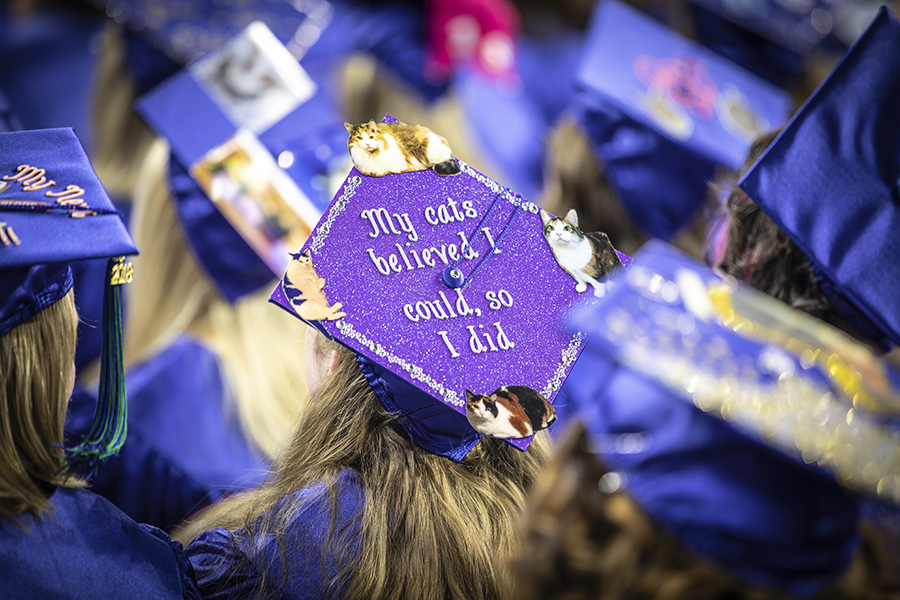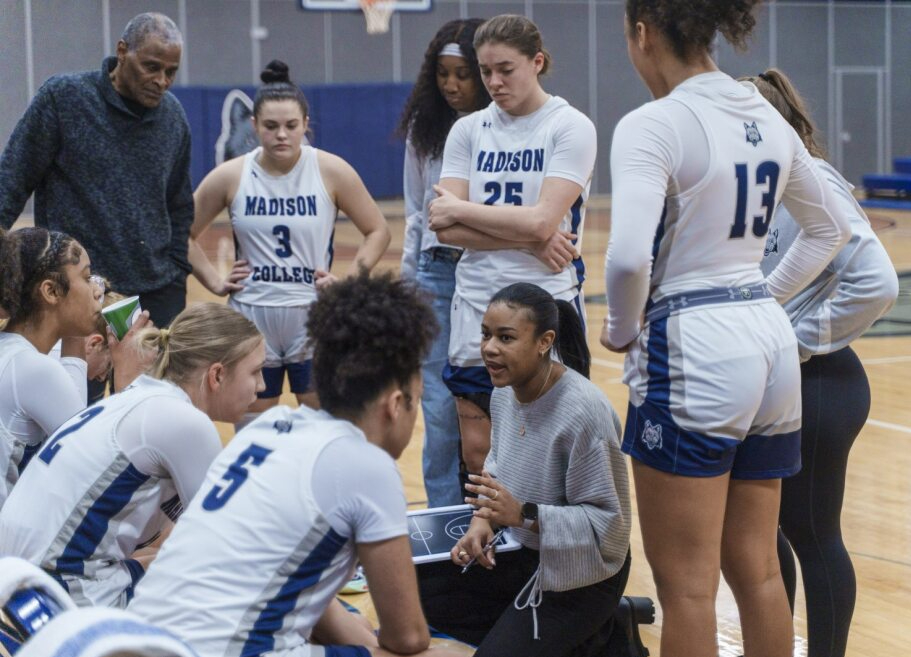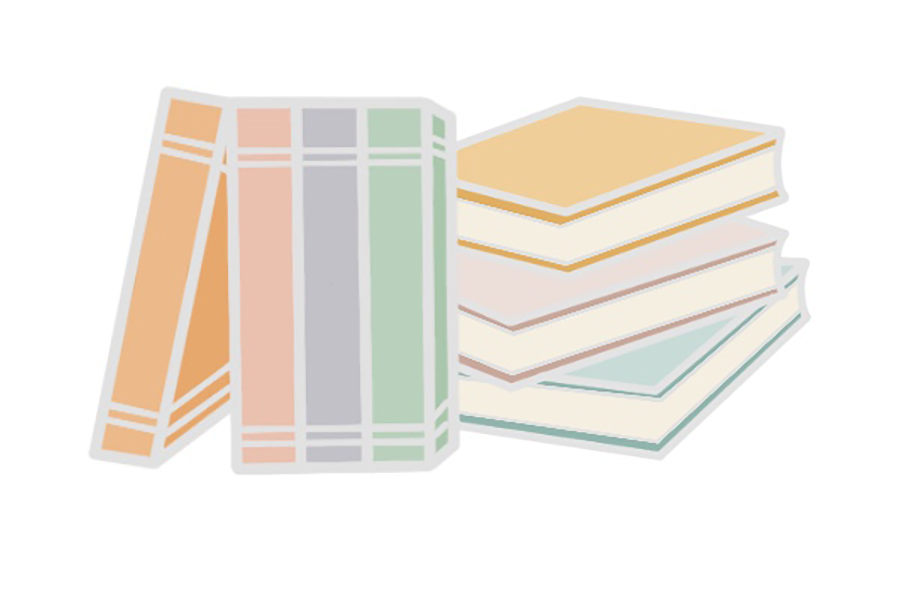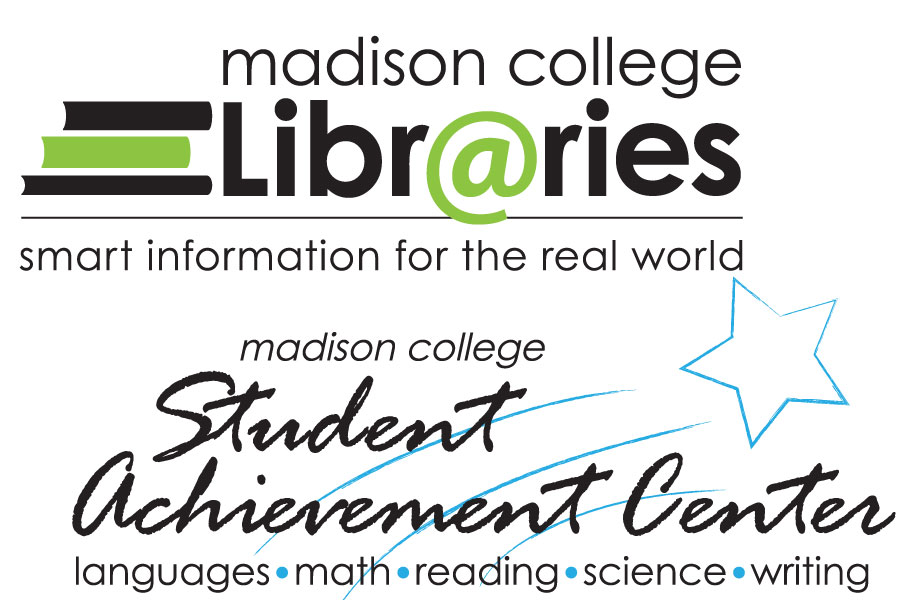What is the deal with banned books?
September 18, 2019
A bumper sticker proudly proclaims that the driver reads banned books. People wear buttons and hang refrigerator magnets saying the same thing. It seems to show up all over the place. This Sept. 22-28, people will celebrate banned books week so we’re likely to see it again soon. But what’s the deal with banned books? Why would we “celebrate” such a thing?
Banned Books Week (BBW) began in 1982 in response to a growing number of books challenged in schools, libraries and bookstores throughout the country. Books are typically challenged when someone thinks that a book is inappropriate or promotes worldviews they do not share. Some of the most common challenged issues relate to language, gender, sexuality, suicide, violence and other very real and socially pervasive topics that people do encounter.
People challenge books and ideas when they want to prevent the words from “falling into the wrong hands” and corrupting the unsuspecting reader (usually children or kids) that the challenger is trying to protect. While the challenger’s intentions are typically well-meaning, they ultimately attempt to silence the voices and take away the intellectual freedom of others.
When people are not exposed to new ideas or other voices, it is less likely that they will think about or question ideas that are brought up, or worse, have no other voices that might reflect their own feelings or views. Learning opportunities are missed, and people feel silenced.
BBW is celebrated every year to shine a light on this issue and is an effort to “bring together the entire book community in shared support of the freedom to seek and to express ideas, even those some consider unorthodox or unpopular.”
So now that we know a little bit about BBW, one might wonder if they have ever read any challenged books. In no particular order, here are a few authors that often make the frequently challenged lists: Sherman Alexie, John Steinbeck, Mark Twain, Toni Morrison, Judy Blume, Suzanne Collins, Aldous Huxley, Harper Lee, J. K. Rowling and Roald Dahl, to name a few. It isn’t a stretch to realize these same authors also make many people’s “my favorite authors” lists as well. Even if one hasn’t read many books, most will have heard of Harry Potter, the Hunger Games and Huckleberry Finn.
There are some very real barriers to information, even here in the United States, and libraries work hard to remove them. This comes in the form of providing access to banned or challenged books, but in other ways as well. Libraries give people access to all sorts of information … for free. In the Madison College Libraries, our community members have access to print and electronic information in the form of books and magazines, but also many more formats that aren’t always so visible. We also provide free access to print and electronic journals, streaming films and DVDs, music albums on CD, maps, games, anatomical models and a variety of equipment such as Chromebooks, hotspots, tablets, calculators, headphones, USBs and much more.
Stop in to check out a banned or challenged book. Maybe you can get your own button or bumper sticker.

































